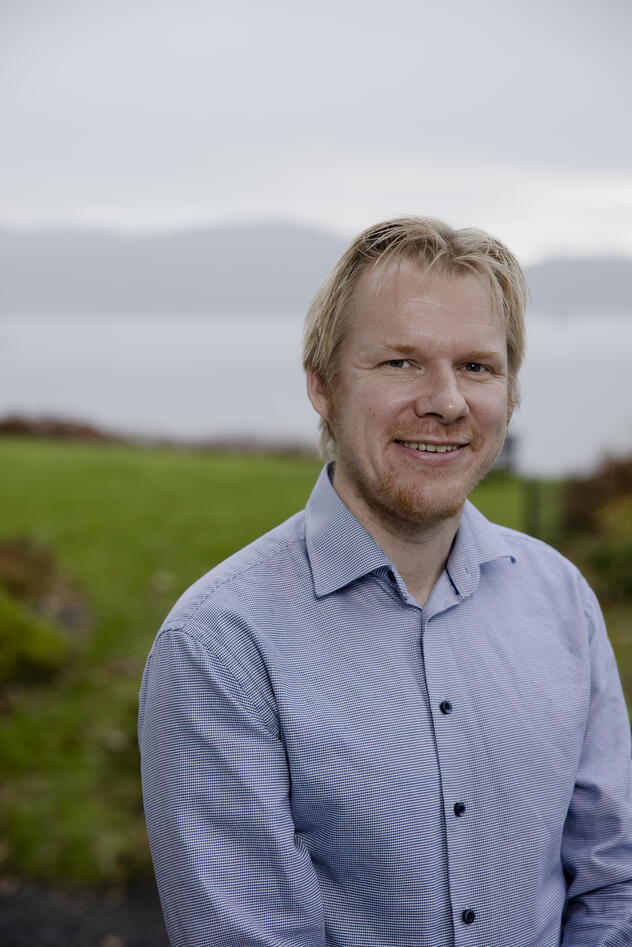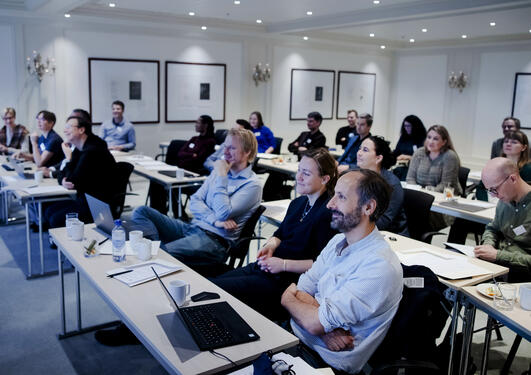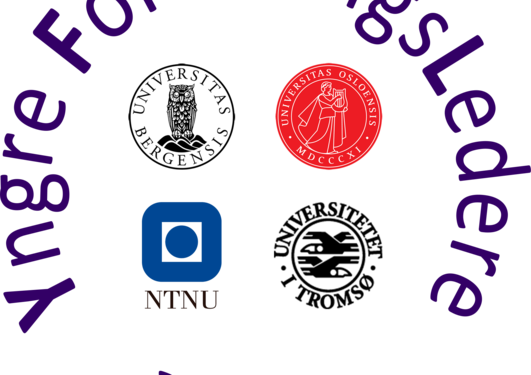Erkki Heinonen
Erkki Heinonen, førsteamanuensis, UiO
Hovedinnhold
- Psychotherapy process and outcome
- Patient characteristics
- Therapist characteristics and development
- Interpersonal and emotional processes
Research interests: As a psychotherapy researcher and clinical psychologist, my main interests are in how and why psychotherapy works. In other words: What are the process, mechanisms, and outcomes of effective psychological treatment? To shed light on this, my research focuses on both patients’ and therapists’ characteristics, as well as the emerging relationship between them.
I am interested in both common and specific processes, across and within different models of therapy. Therapeutic approaches that I have investigated include psychodynamic, solution-focused, emotion-focused, and cognitive-behavioral orientations. The methods used in my research range from patient- and therapist-rated questionnaires to clinical interviews to intensive microlevel coding of video-recorded therapy processes. Important questions to address are: What type of psychotherapy works for whom – and are different therapeutic processes important for different individuals?
In answering these questions, I currently lead the Helsinki Psychotherapy Study, a large-scale randomized trial of short- and long-term therapies, representing different theoretical models in the treatment of depression and anxiety. At the moment, we are also interested in what predicts the failure of psychotherapy, including drop-out from treatment, lack of change, and actual deterioration. For cases at high risk for treatment non-response, such knowledge can be used to recommend (or avoid) specific interventions and monitor their progress, thus optimizing treatment effectiveness. I am also involved in several international collaborations on interpersonal processes, cognition, and emotion, seeking to understand their interplay in successful therapy processes. Our ongoing research continues to inform treatment guidelines and produce relevant assessment tools for clinicians.
My long-standing research foci also include psychotherapists. What are the characteristics of effective clinicians – and how do they develop, in the course of training, supervision, and professional work? We have recently launched several international collaborations to address them, such as the Oslo-based Nordic Psychotherapy Training Study and the SPR International Collaborative Study on the Training and Development of Psychotherapists. In addition, I am also involved in the European Union -funded collaboration ‘TREATme’, a multidisciplinary researcher network focusing on individualized psychotherapy for young people with mental disorders – i.e., what works for whom and how, in youth psychotherapy.
Clinically, I have worked for many years in specialized healthcare, with different mental disorders, ranging from depressive and anxiety disorders to substance abuse and personality disorders. I have taught and supervised both healthcare professionals and students. Besides familiarity with several psychotherapeutic approaches, I have trained specifically in emotion-focused therapy (EFT) at York University, Toronto, under Les Greenberg and colleagues.
Contact information: erkkih@uio.no; https://www.sv.uio.no/psi/personer/vit/erkkih/


